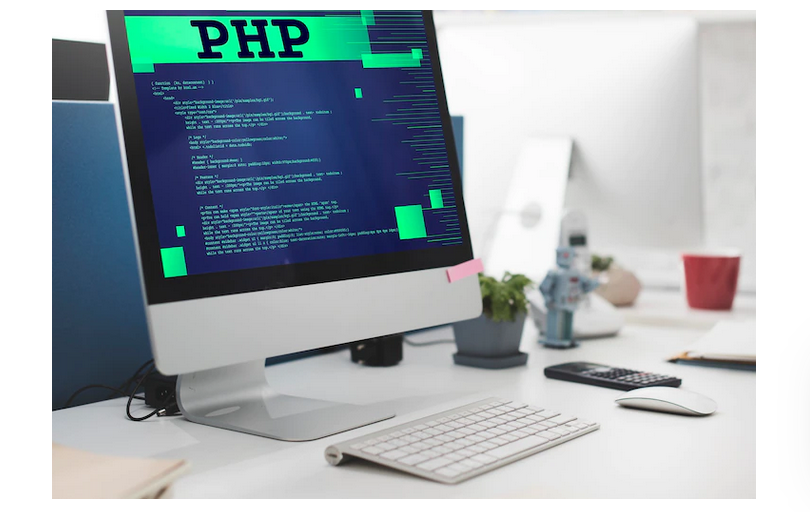

Laravel is an open-source multi-platform PHP framework for creating web applications. It allows developers to take advantage of a large library of pre-programmed features (such as authentication, routing and HTML templating), which quickly simplifies the creation of robust web applications while minimising the amount of coding required.
Laravel provides a highly functional development environment as well as an intuitive and expressive command line interface. Thanks to Laravel's modular packaging system and powerful dependency management, developers can also add functionality to their applications. In addition, Laravel uses Object Relational Mapping (ORM) for easier access and manipulation of data.
As a server-side framework, Laravel allows you to build applications with predefined architectures, custom backend logic, web portals, templates and fully-stacked applications and manage SaaS products.
Why PHP Stands Out from Other Programming Languages?
Laravel provides a number of powerful tools that make the web application development process easier and faster. The final application code base is well-structured and easy to maintain.
Some of the most useful advantages of Laravel are:
The current version of Laravel is version 9, which was first released in February 2022. This version includes many new features and improvements. New features include Laravel JetStreams, job batching (lets you run a variety of jobs and then perform defined actions), Dynamic Blade Components (lets you render runtime components based on runtime values) and Tailwind CSS uses. The speed limiting and maintenance modes have also been improved.

Laravel is considered one of the best PHP frameworks for 2023 for several reasons that are listed below:
1. Laravel's clean syntax makes it easy for developers to read and write code with ease.
2. It comes with a built-in command-line interface (CLI) called Artisan, which allows developers to perform common tasks such as creating controllers and migrations.
3. Laravel's Eloquent ORM (Object-Relational Mapping) makes it easy to interact with databases and it supports multiple database systems such as MySQL, PostgreSQL and SQLite.
4. Laravel has built-in support for authentication and authorisation, making it easy to secure web applications.
5. It has a large and active community, which means that developers can find solutions to common problems and get help quickly.
6. It has built-in support for popular front-end libraries and frameworks such as Vue.js, React and Angular.
7. Laravel's built-in task scheduler can help you to schedule your repetitive tasks such as emailers and more.
8. Laravel's built-in testing tools, such as PHPUnit and Dusk, make automated tests easy for web applications.
9. In terms of storage, Laravel employs Amazon S3 and local storage to keep files in a distributed system. You can easily fetch and retrieve data from cloud storage.

Aspiring developers who want to start developing web applications should consider learning Laravel. Laravel provides a wide and powerful resource rate that simplifies the development process by eliminating the need to code many common tasks from scratch. Laravel also provides a secure virtual development environment and an intuitive command-line interface. As Laravel is easy to learn and has a strong support community and ecosystem, it is a natural choice for many developers, whether they are beginners or experts with years of experience.
Make sure your website is developed in Laravel Framework for responsiveness. TransFunnel can help!